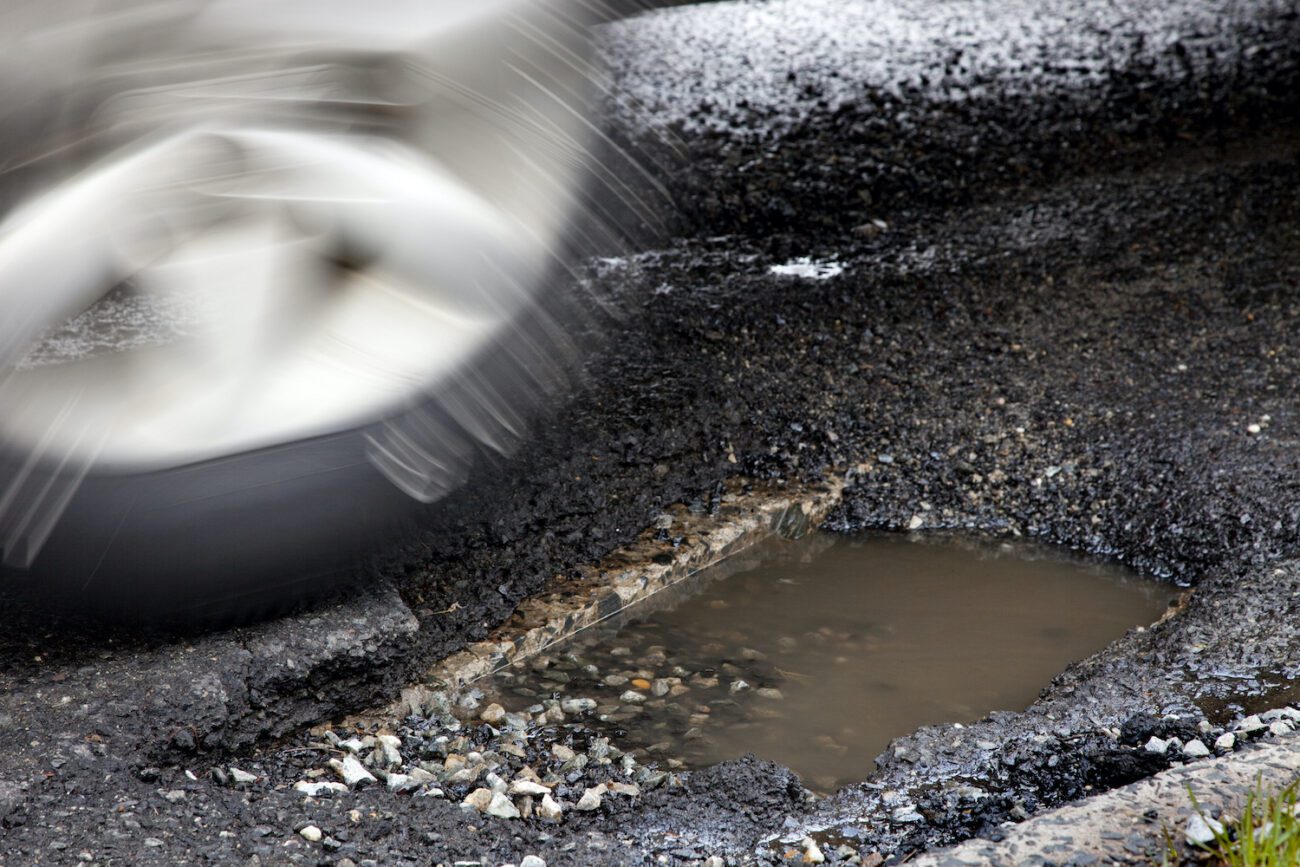Potholes are a common nuisance in many urban areas, causing not only discomfort for drivers but also significant damage to vehicles. In many cases, local governments or municipal authorities are responsible for maintaining public roads and filling in potholes. However, businesses may sometimes have a legal or ethical obligation to repair potholes on or near their property. Knowing when filling in a pothole is your responsibility can help keep your business safe and free of liabilities.

Private Property and Parking Lots
The most straightforward situation in which a business is responsible for filling potholes is when the pothole exists on its own private property. This could include a company’s parking lot, driveway, or any other privately owned road or path that customers, employees, or the public use. In such cases, businesses are generally responsible for maintaining the safety and usability of these areas. If a pothole develops, it is the business’s duty to repair it to avoid accidents and potential liability.
For example say a customer drives into a business’s parking lot and damages their vehicle due to a pothole. The business may be liable for the repair costs. This is especially true if the pothole had been present for a significant amount of time and the business failed to address the issue. Moreover, if someone slips or trips due to a pothole in a business’s parking lot, the company could face legal claims for negligence.
Businesses Adjacent to Public Roads
While businesses are not typically responsible for filling potholes on public roads, there are situations where a company’s actions or inactions may make it liable. If a business is located on a street that has potholes and it’s found that the business caused or exacerbated the damage, the company may be asked to assist in repairs.
For instance, construction companies or businesses involved in roadwork are often responsible to repair any damage caused by their operations. Say a pothole forms because of construction equipment that has damaged the road. The company that caused the damage might be held responsible for repairs. Similarly, businesses that have a high volume of traffic or heavy delivery trucks may be held accountable. These businesses often accelerate wear and tear on nearby public roads. However, generally the government is still the primary entity tasked with repair.
Obligations in Some Cities and Regions
In certain cities or municipalities, businesses may be required to repair potholes that form on streets adjacent to their properties, even if the road itself is publicly owned. This is especially common in areas where businesses are responsible for the maintenance of sidewalks, curbs, or road shoulders. You can find these responsibilities outlined in local ordinances or business permits. Some cities also impose “shared responsibility” policies. Businesses contribute financially to public infrastructure repairs. This is common in commercial districts where road conditions directly impact their operations.
Ethical Considerations for Businesses
Even when not legally obligated to do so, businesses should consider the ethical implications of potholes on or around their property. Failing to repair a pothole can reflect poorly on a business’s reputation. Customers and the local community may expect businesses to maintain safe environments. Neglecting road conditions can lead to lost customers, negative reviews, or worse, accidents.
Potholes can be a dangerous and financially frustrating situation. But maintaining your property and keeping up with proper paving practices can help. At Cooper Paving, we believe in helping businesses keep their properties safe with high-quality paving services and repairs. Contact us today to schedule an inspection and get started on your next paving project.
